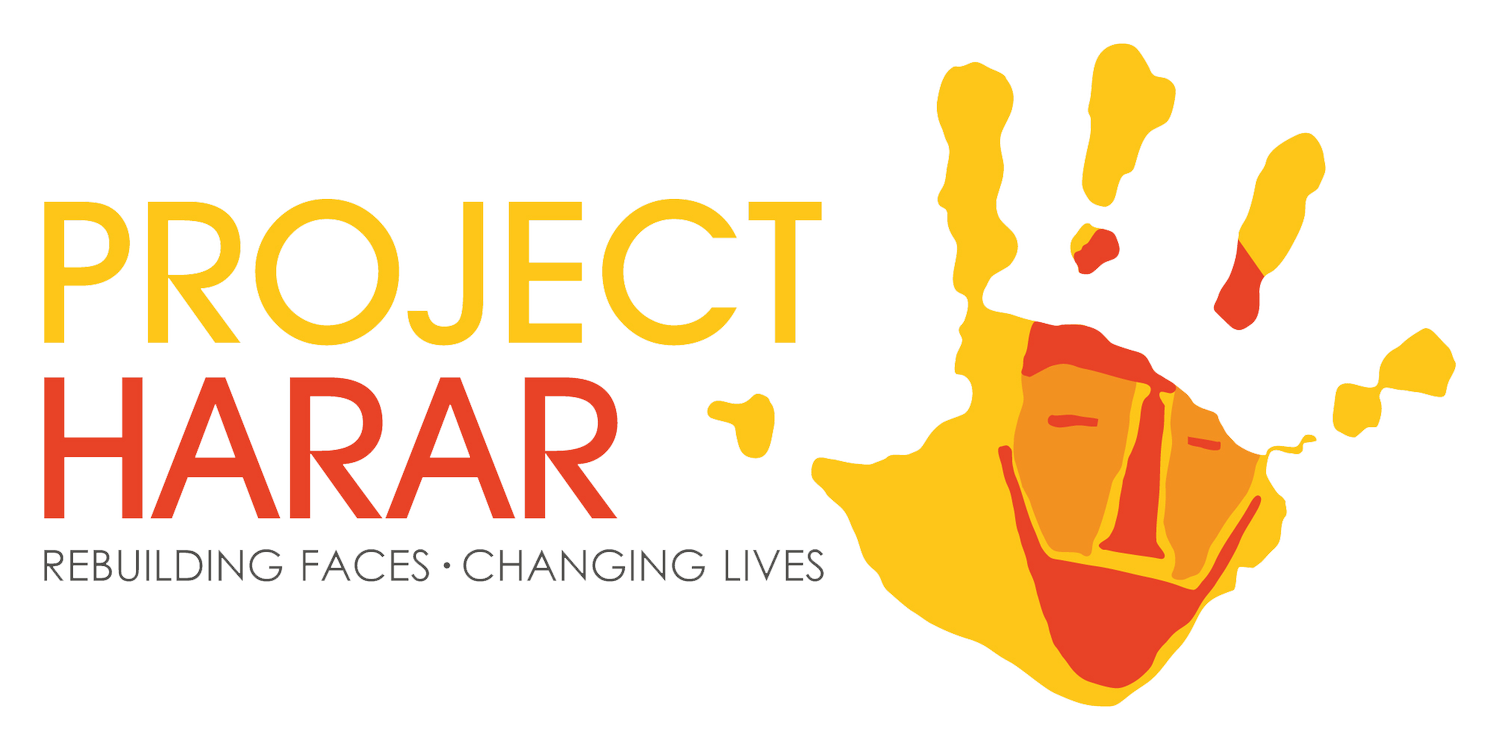Kassahun’s Story
Kassahun received access to cleft surgery at our Addis Ababa programme in May, at Kadisco Hospital. We met Kassahun and his parents when he was six months old, Kassahun was born with cleft lip. Travelling from the East Harage region, Kassahun family came from a town called Haramaya.
Effects of cleft lip when untreated
Kassahun is second child for his parents, and the only one affected by cleft lip. Though here is a common understanding that cleft can derive from genetic factors, this is not always the case - environmental factors can also be the cause of cleft lip and palate on newborns. From nutritional deficiencies to incorrect medication taken during pregnancy, even drinking alcohol whilst pregnant can be causes of cleft.
If a cleft condition is left untreated it can cause a myriad or problems for the baby and mother. For one, it will become very difficult to breastfeed the child, which often leads to dangerous levels of malnutrition.
Infants born with a cleft condition in the UK have surgery soon after birth, but in most of Ethiopia this does not occur. Although treatment is freely available in some hospitals, the communities we work with are either unaware of the treatment or cannot access it due to distance and cost.
This is where we come in. Project Harar’s work at its core is to provide access to treatment of cleft lip and palate, this includes - but is not limited to - access to free surgery at our partner hospitals, nutrition packs, medication and speech and language therapy after the surgical treatment.
“I didn’t have many difficulties during pregnancy so when Kassahun was born it was a shocking thing for us because I didn’t expect that for my child. I knew about cleft lip, but I didn’t have that much knowledge about what to do. However, when I learned it could be fixed with surgery, I was just thankful to God for blessing me by giving me a child.”
Accessing treatment and hopes for the future:
Kassahun and his mother Abeba came to one of our partner hospitals - Kadisco Hospital - on the 6th of May. When we asked Abeba about their family’s journey to receiving treatment, she said, “Our journey was okay. It took us around 11 hours to get to Addis Ababa. We didn’t have many problems, I came with Kassahun's father.”
Abeba was informed of Project Harar’s services from health officials within her local community, “We heard about the project from health extension workers. We received a call about this programme in Addis Ababa and came with Abraham [Project Harar programme officer].” Project Harar is currently partnered with over 10 hospitals in Ethiopia, and continues to collaborate with other facial difference charities working in Ethiopia to provide an extensive network of resources for families and children with untreated cleft lip and palate to access.
“Now I breastfeed Kassahun. He don’t have problems with it, he takes breastfeed like normal children.”
“I wish for him to grow up healthy and to be great in school, and when he grows up to be confident. That’s what I wish for him as a mother.”



